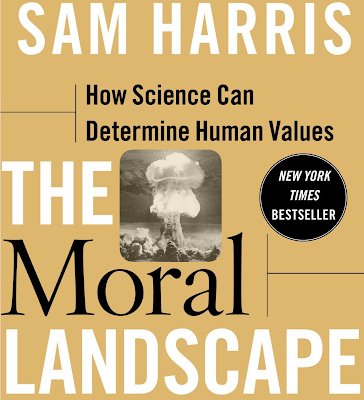Note: The material here has been incorporated and enlarged into my comprehensive Training Program and Principles, as well as my thoughts on the Spirituality of Physical Training.
I first fell in love with lifting weights at age 12, when my dad enrolled me in a weight lifting course at our local community center. That followed with a summer in a non-air-conditioned hardcore gym near my mom's house on the coast. I was hooked. I felt awesome, I looked good, and I enjoyed the ability and resilience of my body. By the time I was 18, I was benching just less than 400 and squatting just less than 700. Weight lifting followed me through college football and into young adulthood.
Then, as often happens, life got in the way. Career. Marriage. Divorce. Marriage. Grad School. Child one. Job change. Child two. Move and job change. Child three. Keeping up with a busy family of five. I would hit the gym a few weeks a year. But for the most part, I lapsed completely, became very over weight, and generally uncomfortable in my own skin. Then, right before turning 40, and after my Dad was diagnosed with Type II Diabetes (like many others in my family), I decided I wanted to lose weight, and get in shape, and return to a habit that was as spiritually formative as it was physically helpful: Weight lifting.
















